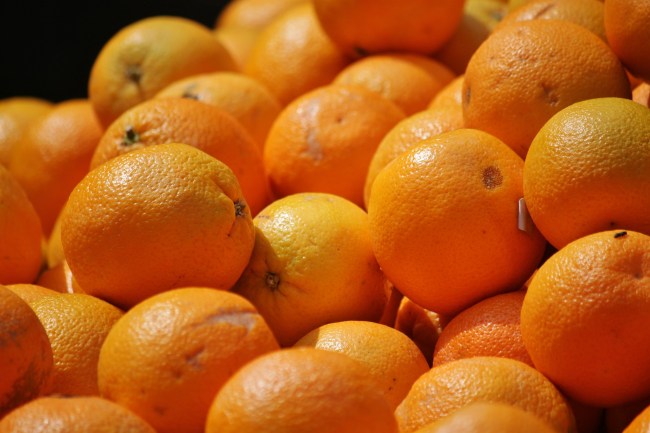7 Nutrients You Can Only Get From Plant-Based Foods
Energy Disrupter
Many supporters of a diet including animal products insist that a plant-based diet is insufficient for the full functioning of the body. It’s said that some elements cannot be obtained from plants alone.
However, there are many nutrients that we can only get from plant-based foods. And in this article, together with Centreforum.org,* we will discuss seven such elements.
1. Vitamin C

The richest sources of vitamin C are citrus fruits, bell peppers, kiwi, cabbage, and berries. Vitamin C is a powerful antioxidant necessary for the growth, development, and repair of body tissues. It is involved in many body functions such as collagen formation, iron absorption, wound healing, and the immune system.
2. Pectin
The main sources of pectin are apples, oranges, plums, bananas, guavas, and berries. Pectin is a family of prebiotic fibers that have many health benefits. The main place of work of pectin in our body is the stomach. It promotes the growth of beneficial bacteria in the colon and can help prevent colon cancer.
3. Starch

Resistant starch also plays a key role in maintaining colon health. Studies have shown that it also helps you feel fuller longer and helps lower your blood sugar after a meal. The main starchy foods are legumes, grains, and potatoes.
4. Quercetin
Quercetin is another important antioxidant that is associated with the prevention of various diseases, including cancer. It is found in a variety of fresh fruits and vegetables such as apples, parsley, buckwheat, capers, peppers, onions, and berries, including cranberries.
5. Beta Glucan
Beta glucan is a form of soluble dietary fiber that is closely associated with increased cholesterol levels and improved heart health. Beta glucan is found in a wide variety of plant foods, including oats, whole grains, bran, barley, and mushrooms.
6. Lignans

Lignans are the dietary fiber that the body converts into phytoestrogens, which are essential for maintaining good health. They’ve even been linked to a lower risk of serious diseases like breast cancer and heart disease.
Seeds (flax, pumpkin, sesame, and sunflower) are excellent sources of lignans, but this nutrient can also be found in many other plant foods such as cruciferous vegetables, fruits, bran, and whole grains.
7. Inulin

Inulin is a type of fiber that belongs to the group of fructans. Fructans are prebiotic fibers that promote gut health by helping the beneficial bacteria that live there. Inulin helps the digestive system to function properly. You can find this healthful element in a variety of fruits and vegetables, including artichokes, asparagus, garlic, onions, leeks, and bananas.
So don’t neglect plant-based foods. Fruits, vegetables, berries, and whole grains are all sources of an infinite number of beneficial elements for our bodies. Eat smart and healthy!
*This post is supported by Julia Gahan and Centreforum.org.
Get the Green Living Ideas book in softcover or PDF for as low as $2.99!

Related

















